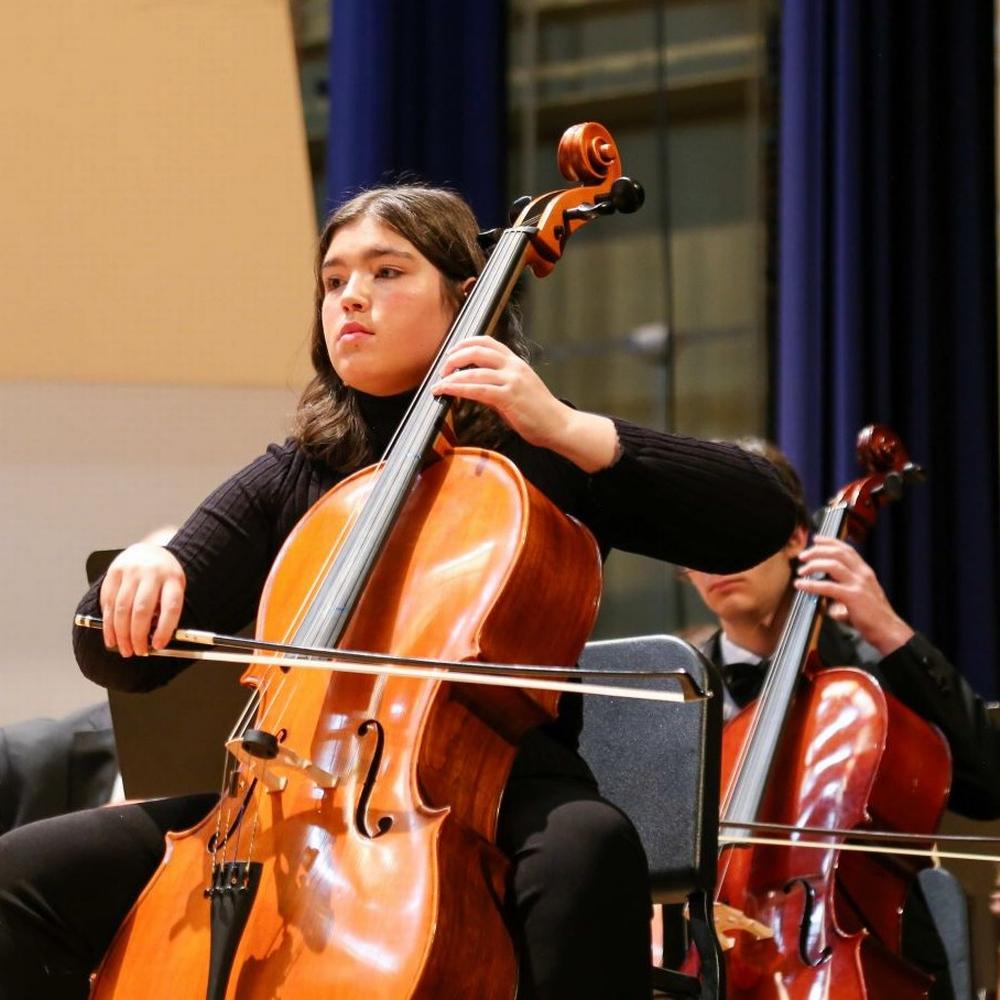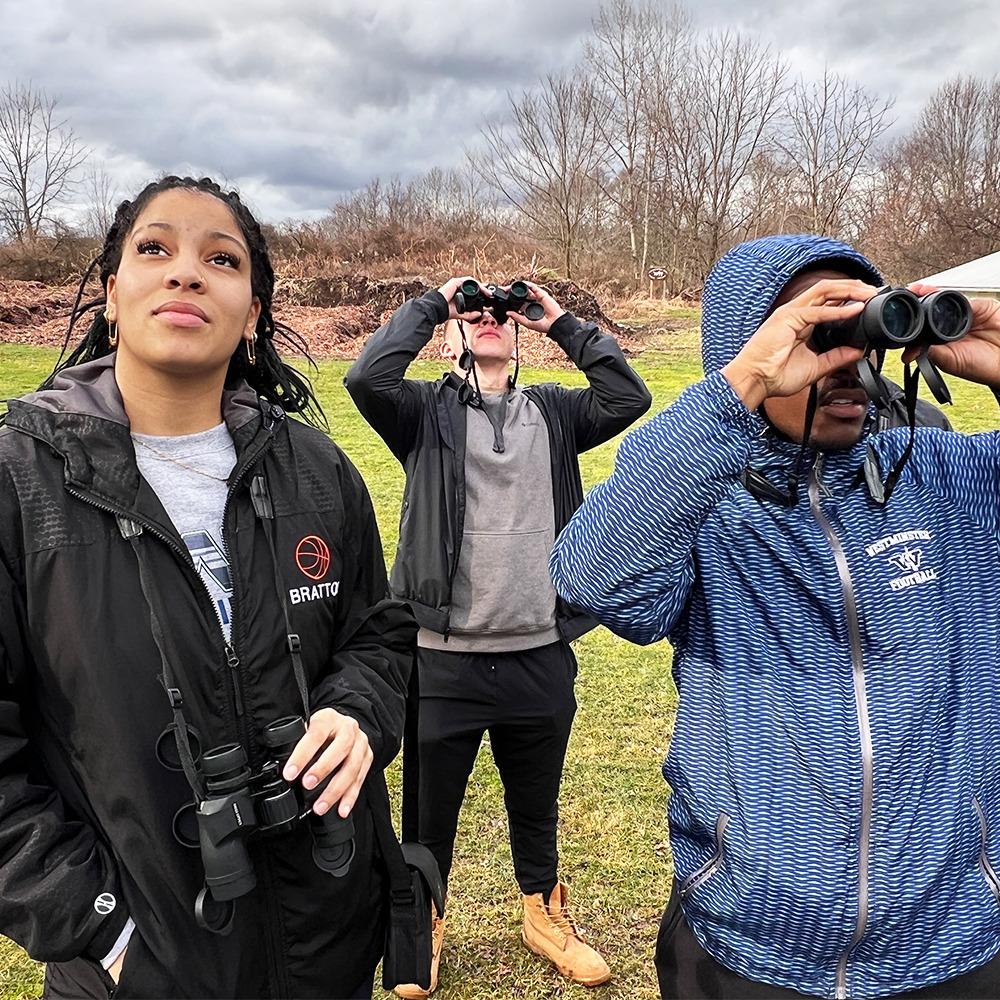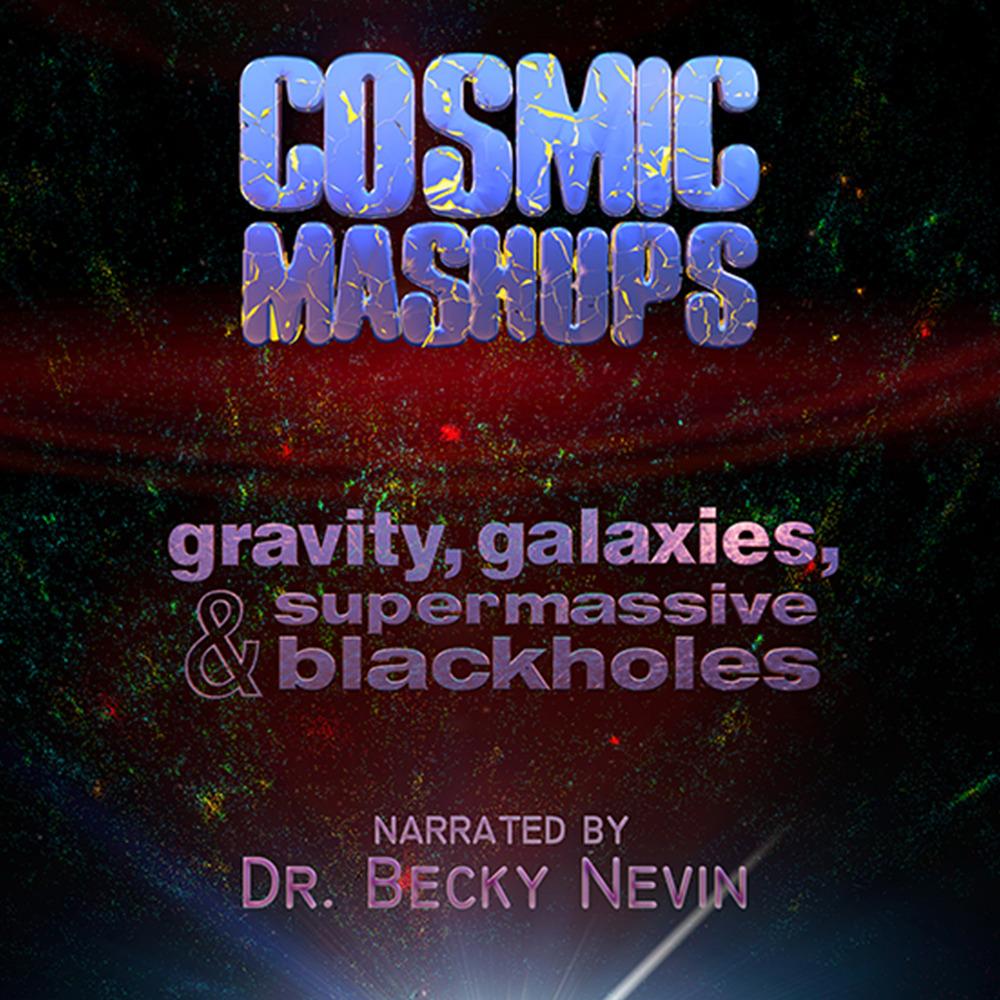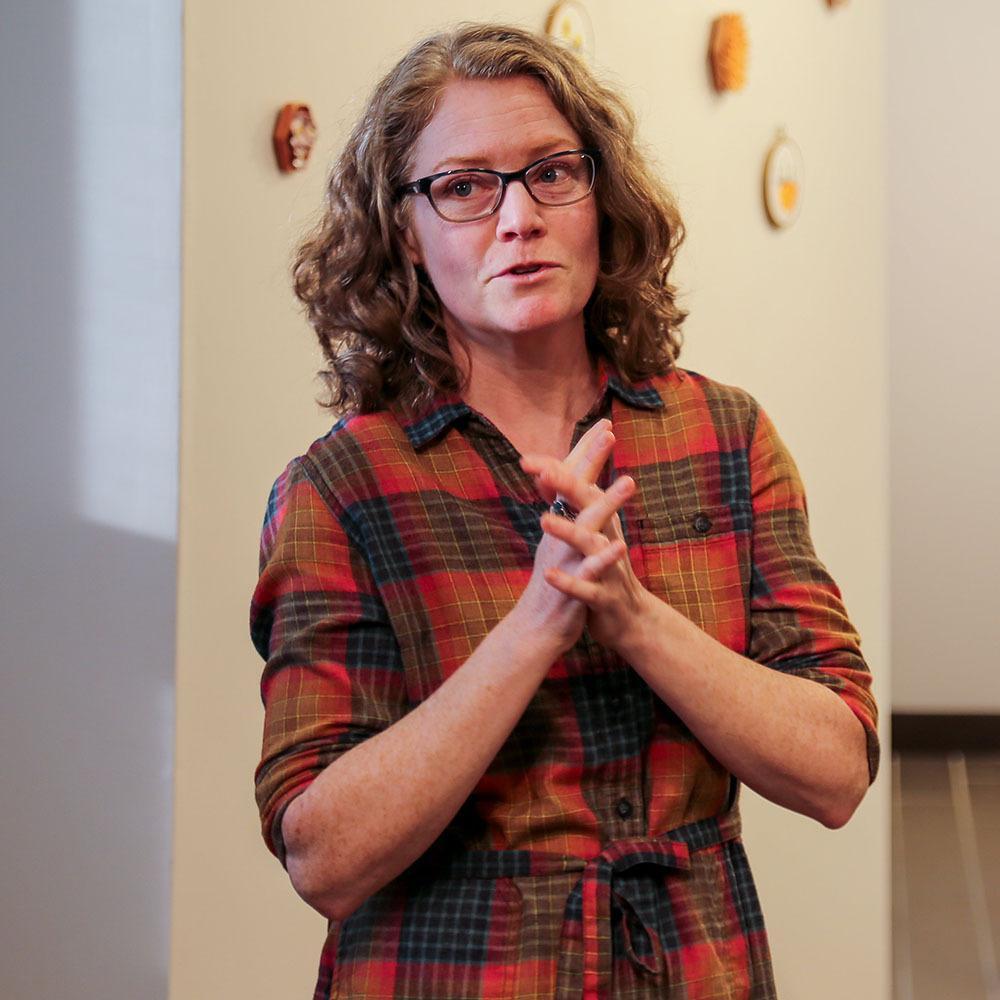SUMMER RESEARCH FELLOW: Hannah Piccirilli ’24
Posted on Tuesday, August 1, 2023
Meet Hannah Piccirilli ’24, one of 10 students selected for a 2023 Summer Research Fellowship. Hannah, a senior double majoring in neuroscience and international relations, is from Erie, Pa. She and her faculty mentor, Dr. Eric Fields, assistant professor of psychology, spent their summer months working on the project “EEG Correlates of Memory Encoding and Consolidation from Emotional Stimuli.” She is a member of the All-College Honors Program and its corresponding honorary, Omicron Kappa Sigma. Consistently named to dean’s list, Hannah served as president of the sophomore honorary Lambda Sigma and is a member of the senior honorary Pi Sigma Pi. Hannah belongs to the Psychology-Neuroscience Honors Society Psi Chi and the Spanish Honors Society Sigma Delta Pi. She serves as a peer tutor for Spanish, psychology, neuroscience and speech. She currently serves as president of the Sexuality and Gender Alliance and was instrumental in organizing the campus’ One Love 5K event to raise awareness for victims of relationship violence.
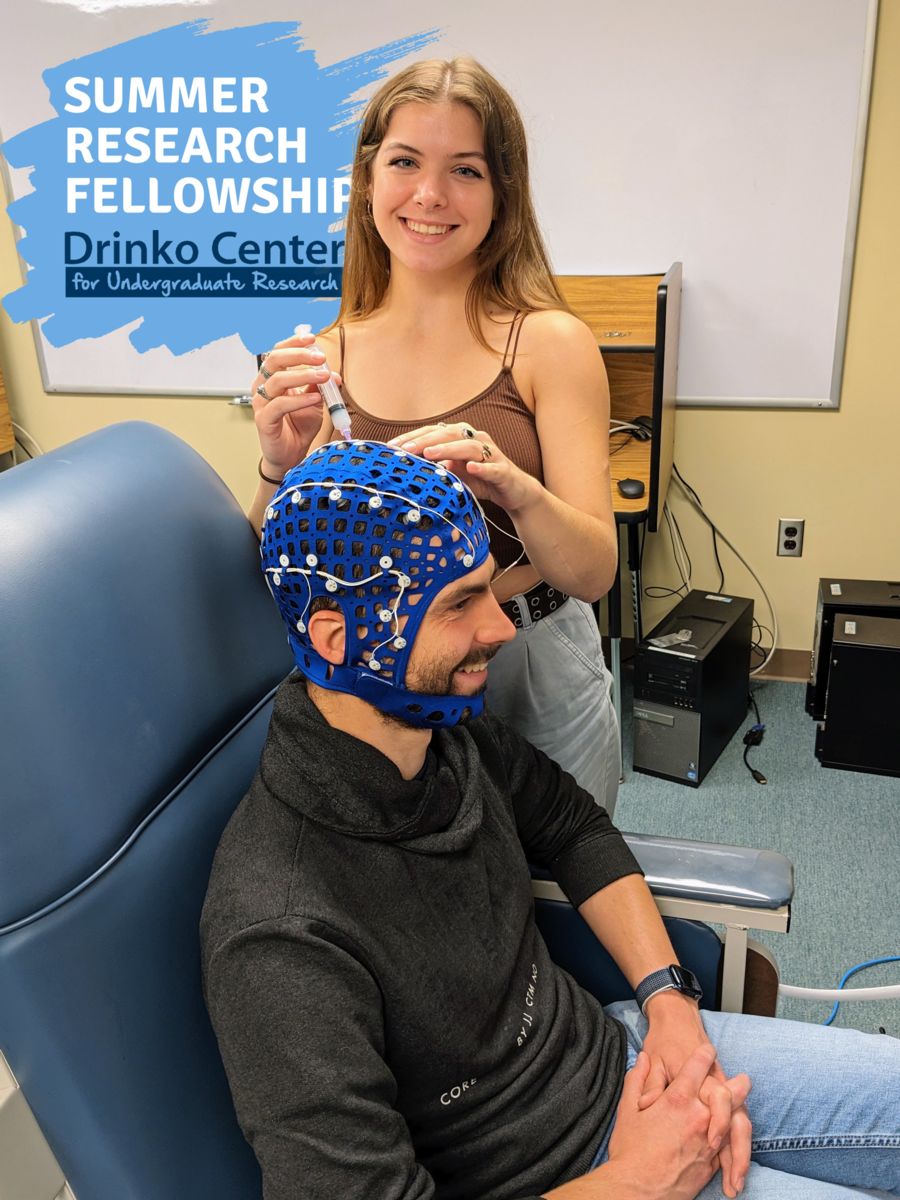
Why did you apply for the Summer Research Fellowship?
I applied to the Summer Research Fellowship because we are working on this really incredible project, and I thought it was a great opportunity to allow us to investigate the subject more in-depth.
Can you briefly describe your research project?
The aim of our study is to use electroencephalogram (EEG) technology, which measures electrical signals from the brain, in order to determine if a particular signal, called the late positive potential (LPP), is responsible for a process known as tagging for emotional stimuli. This term broadly describes the process by which memories are “tagged” by the brain for later conservation during memory consolidation, which has been shown in previous research to be biased toward emotional stimuli.
What is your favorite part about research?
I have always wanted to conduct research. Almost my entire life there were questions that I wanted answers to for which I could not find answers anywhere, so I thought, “Let me figure them out for myself.” And I think that drive is the same as it is today—I really enjoy learning and discovering the way things work, particularly in the brain.
You collaborated with Dr. Eric Fields. How was that experience and what kind of insight did he offer in your research?
The experience is and has been wonderful! He is brilliant, and this research question is actually something that he wanted to look into, so it has been very interesting to do research with someone who is not just supervising but who is actively very involved and interested in what we are doing day-to-day. He is an expert in this field, so he has a wide expanse of knowledge about everything we are doing, and I have been able to learn things like EEG recording, analysis, interpretation, and even a bit of programming and coding.
How has your work as a student researcher shaped your student and future career success?
It is a bit difficult to say right now how this will shape my future, but our plan is to publish his study which is very exciting for an undergraduate researcher. Having a published study out before heading into this competitive and growing field is definitely a leg up. And all of the one-on-one hands-on experience has given me a lot of very practical real-world experience in the lab that will certainly translate to opportunities in the future.
What’s been your favorite thing about Westminster?
I think Westminster has an exceptional neuroscience and psychology department. I may be biased, but we have an animal lab and (now) an EEG lab, which is quite unique for a small, liberal arts college. Beyond that, the faculty are extremely well-equipped and are some of the best educators I’ve ever encountered.
What are your future plans?
After graduating, I plan to pursue my Ph.D. in neuroscience, and the eventual goal is to conduct my own research on the experience of consciousness.
To learn more about Westminster’s neuroscience major, visit www.westminster.edu/neuroscience.
Sponsored by the Drinko Center for Undergraduate Research, Summer Research Fellowships at Westminster College allow students to conduct hands-on research and creative projects under the guidance of our experienced faculty mentors.
More Stories
